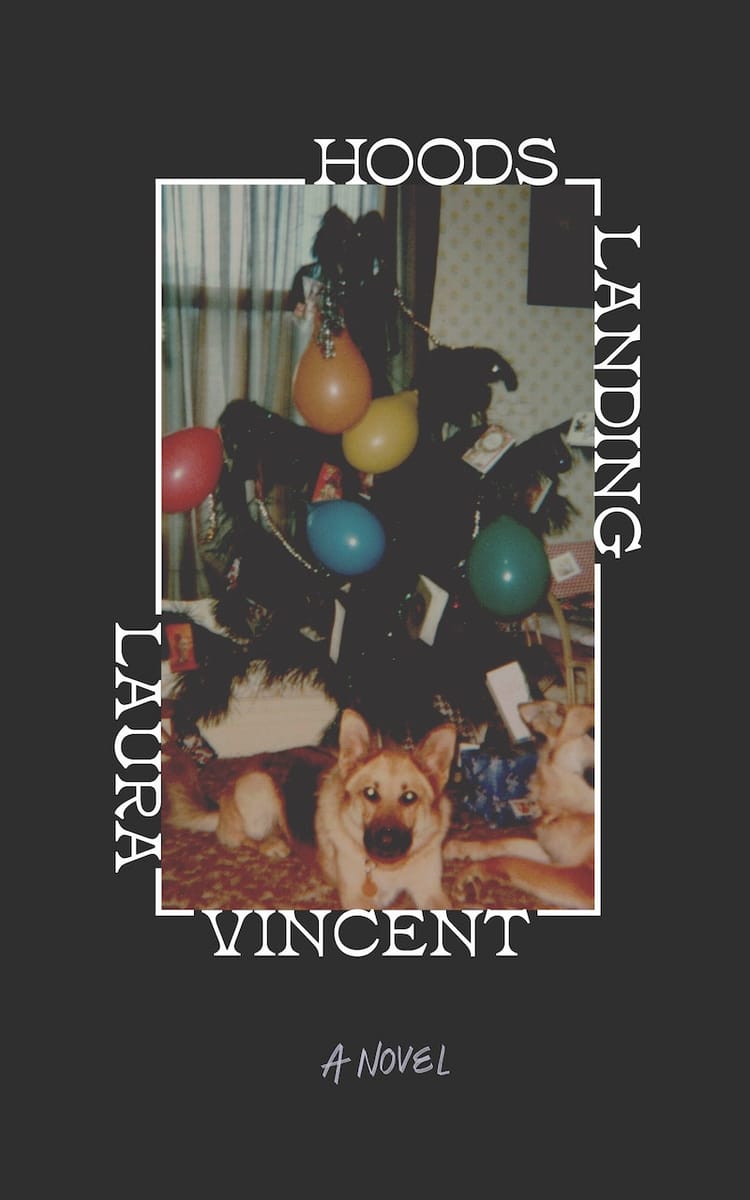Critical Corner: Ilang-Ilang

In this edition of Critical Corner, a review of Ilang-Ilang, a new Filipino ghost story play debuting at Basement Theatre.
The dead are never really truly gone. That’s especially true when it comes to theatre. No other artform breathes life into bones and bodies quite like theatre does. Why else do they call a new production of an old play a revival? Theatre reanimates the dead happily, both literal and literary. Every play is a ghost story in its own way, and it’s curious that there aren’t more examples of them.
Ilang-Ilang, written by Alyssa Medel, is a new entry in the canon. After the death of her beloved cousin Faith (Marianne Infante), young Filipino-Kiwi Aya (Ariadne Baltazar) returns to her hometown to come face to face with a ghost. That ghost confronts her, as ghosts are wont to do. Medel then leaps back and forth from the past, to the not-quite-present, to the present, exploring the relationship between these two women, their struggles between diaspora and home, and where their realities collide. The play dashes through its 45 minutes quickly, showing us the duo as children, as young adults, and as slightly older young adults. There’s not quite enough time to provide us a kaleidoscope, but we get the broad strokes: these women mean the world to each other.
Baltazar, whose Aya is more internalised and low-key, handles the bulk of the exposition in the show, and while her performance hits the right level of naturalism, she’s ill-served by being in the round. Her voice, especially in the moments when she is alone onstage, is underpowered, with key moments of both information and texture being lost. Infante has an asset in the character of Faith, who takes up space whether she likes it or not, and she plays that quality brilliantly to the hilt. She is a character that is so full of life, so full of conviction, of feeling, that externalisation is the only option. We also, crucially, need to miss her whenever she’s offstage, and feels Aya’s grief. It’s a credit to both performers that the bond between the pair is so instantaneous that we need very little exposition to understand it, and that the connects and disconnects between them as they grow feel as deeply felt as they do. (The lighting, more moody than illuminative, unfortunately does neither performer any favours, leaving faces often in shadow.)
There are some gorgeous provocations in Ilang-Ilang, but at 45 minutes, there’s only so much play for those provocations to bloom within. Some of these provocations are within the text. We quickly understand the characters as archetypes – Aya as the proverbial prodigal son who leaves for an imagined happiness, Faith the vibrant and troubled activist whose bravest deeds happen offstage – but many of their specifics are delivered through exposition rather than action. Medel’s script is deft enough that the characters aren’t telling us how they feel, but it often falls into the less fatal two-hander trap of having one character tell us how the other character is feeling. It’s understandable with the length of time we’re given – direct confrontation is nothing – but these characters and this concept are deep mines, not shallow puddles. Later on in the piece, we’re told what journalism means to both of these characters, but we never see what it means.
These provocations extend to the production, also directed by Medel. Some stylistic flourishes click immediately, especially the occasional flourishes of horror, while other choices feel rooted in neither the style of the play nor the production, like the scant moments of audience acknowledgment; it’s never clear who we’re meant to be in these moments, or who the characters are in relation to us. In a play that is this fleeting, every provocation and every flourish should feel integral to the work, and too often Ilang-Ilang strays from its foundations in favour of a moment.
A late conversation – where Faith calls Aya on what she wants from another country that she can’t get from her homeland – is the best scene in the play, unearthing exposition and emotion in the organic way that people who have too much to say and not enough time to say them in tend to do. Here, it’s the climax of the play, as you feel it might be if the play was 75 minutes, or even 750, but in the time we’re given, these feelings aren’t given time to take root in the audience. The ending leaves us with relatable grief – that there’s so much more to say – but perhaps not entirely for the intended reason.
All of that said, there’s a gorgeous undertow to Ilang-Ilang. The two premise, the world, and the two characters ring undeniably true, as does the ending. It’s hard not to be won over by two characters drawn as vividly as Ava and Faith are, from one end by Medel, and from the other by Baltazar and Infante. The play has bones, the production has flavour. I can’t wait for the bones to grow flesh and muscle, and for the flavour to deepen.
Ilang-Ilang runs at Basement Theatre until November 1. You can book tickets here.

Other Things I’ve Consumed
- I love Slow Horses so much that I’m quite sure I might have an illegitimate child. Slow Horses is such the epitome of a dad show, but is also quite easily the best spy show on the air right now. This is not news to anybody who has seen an episode of Slow Horses, but if you need another recommendation, it’s here. I could watch Kristin Scott Thomas have 5% reaction to a 150% situation a million times. I could also watch Jack Lowden be aggressively handsome for a million seasons, so I’m glad it’s been renewed until at least season seven.
- I spent an unholy amount of hours playing the remake of We Love Katamari. Enough said.
- Cassandra at the Wedding by Dorothy Baker is one of those books that I’ve been recommended my whole life but never felt urgent drawn towards because it sounds like an utter bummer. Past me was extremely wrong – it’s one of the most profound, dark comedies about being part of a family in the world, and can easily be breezed through in an afternoon (it’s barely 200 pages). How this hasn’t been adapted into a film is beyond me.
Writing and reporting takes time, and if you want to support the amount of time it takes (and ensure that the scant amount of meaningful coverage of local art can continue), please considering supporting Dramatic Pause with a paid subscription ($8 p/m, $60 p/a) and if you can't afford a paid subscription, please share the work with your networks!





Member discussion